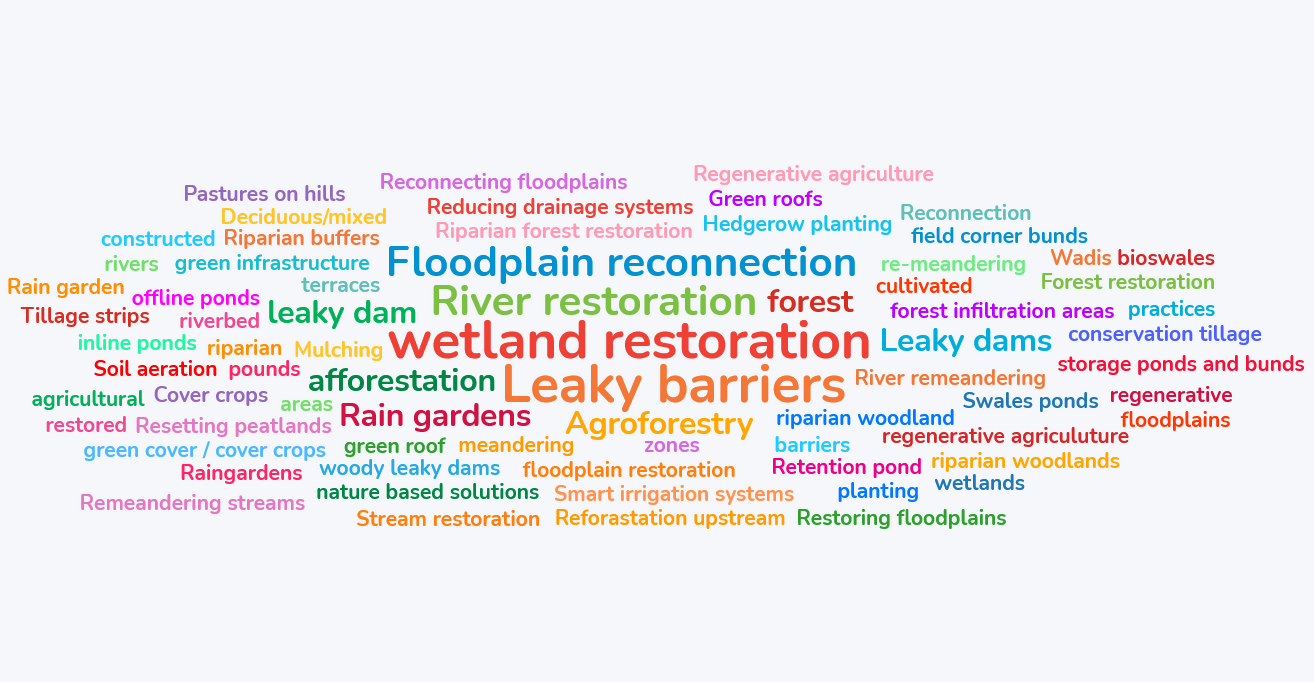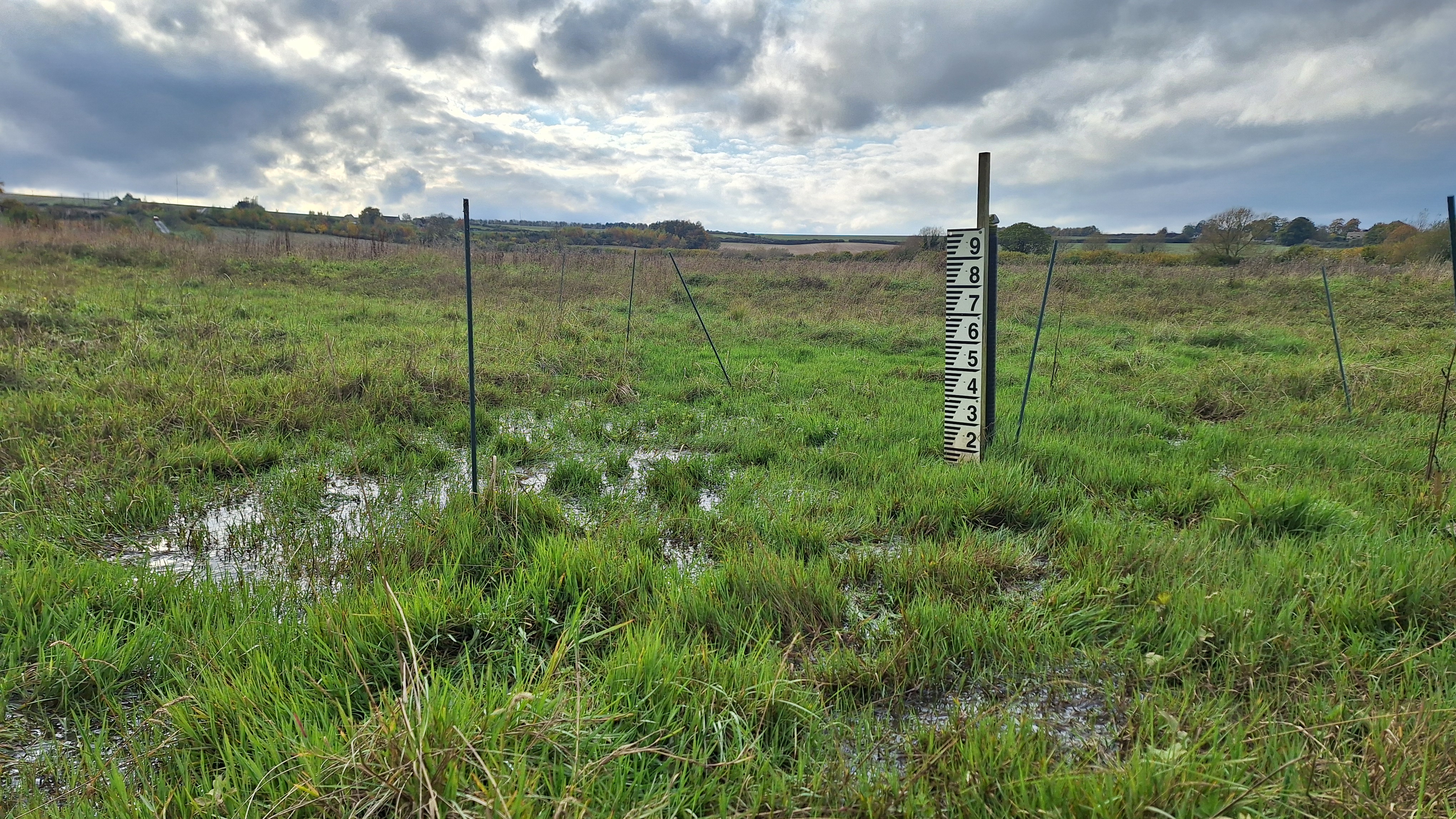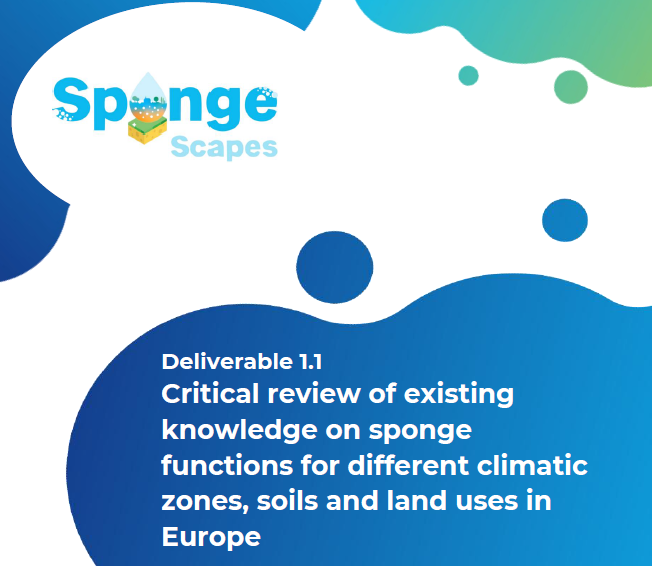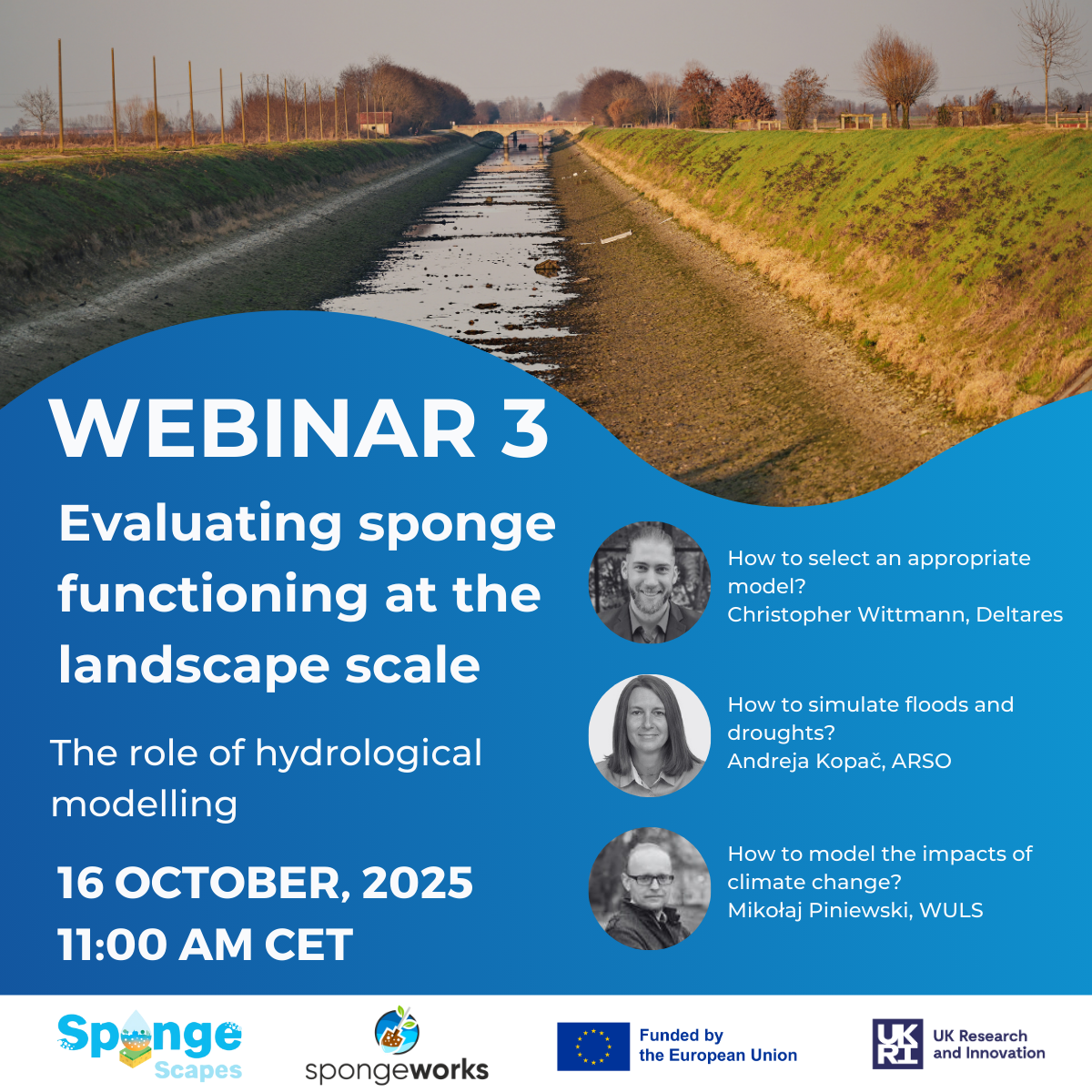
Read More
On 18 July 2025, SpongeScapes hosted an online collaborative workshop with partners from both the SpongeScapes and SpongeWorks Horizon Europe projects. The aim is to develop a comprehensive catalogue of sponge measures to help water and land managers better understand, identify, compare and implement the wide range of available solutions to enhance the sponge functioning of landscapes.


